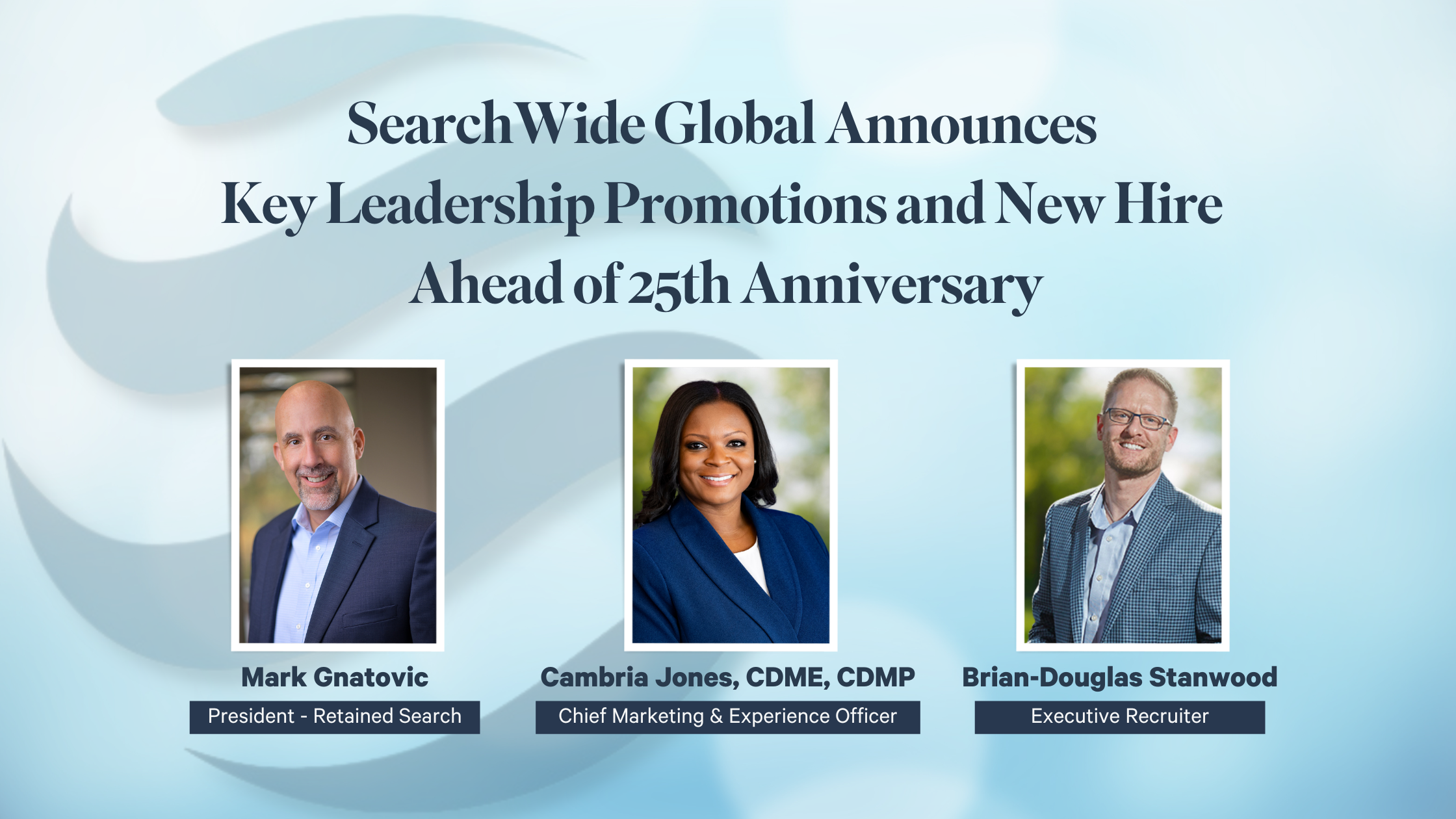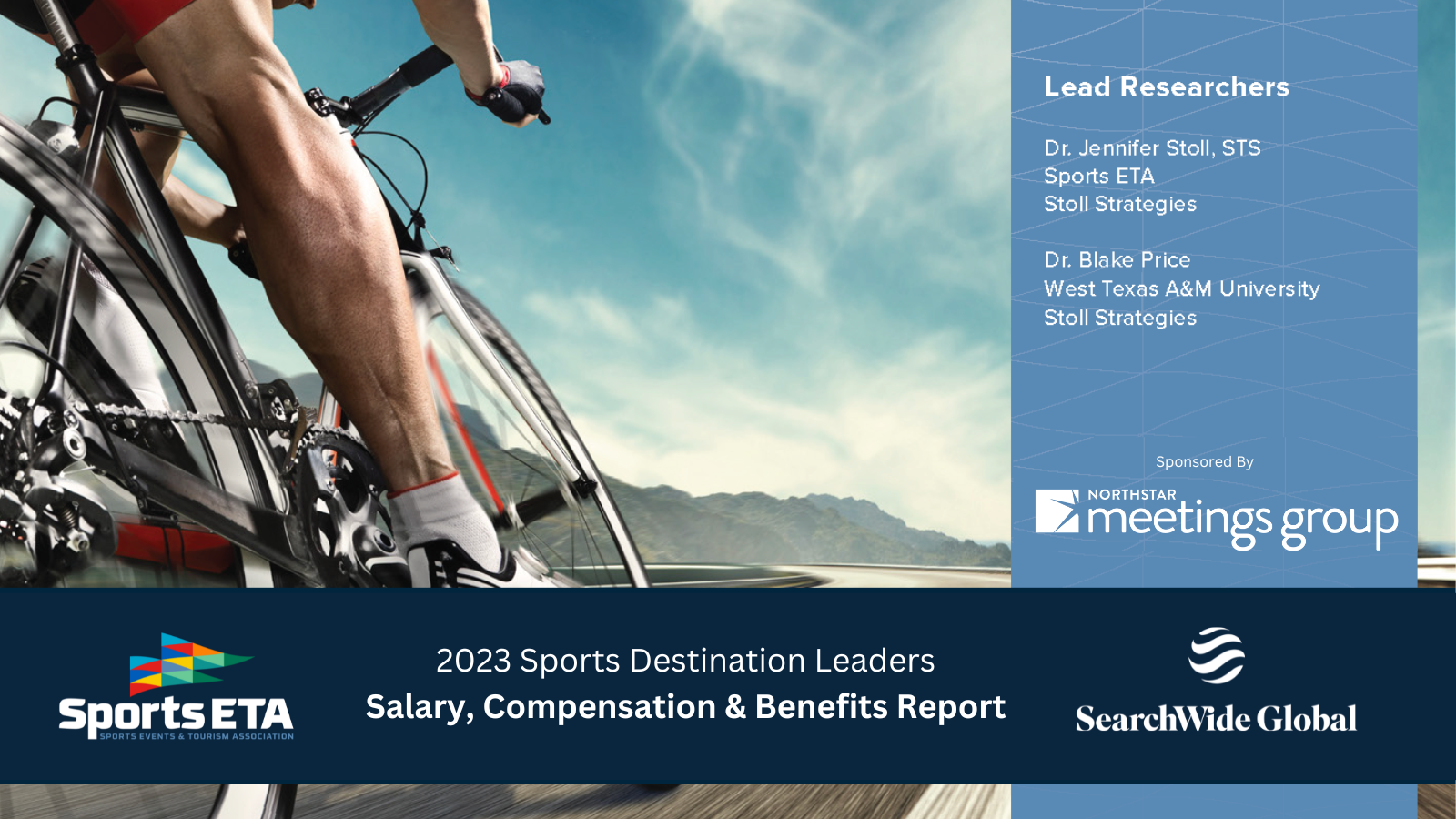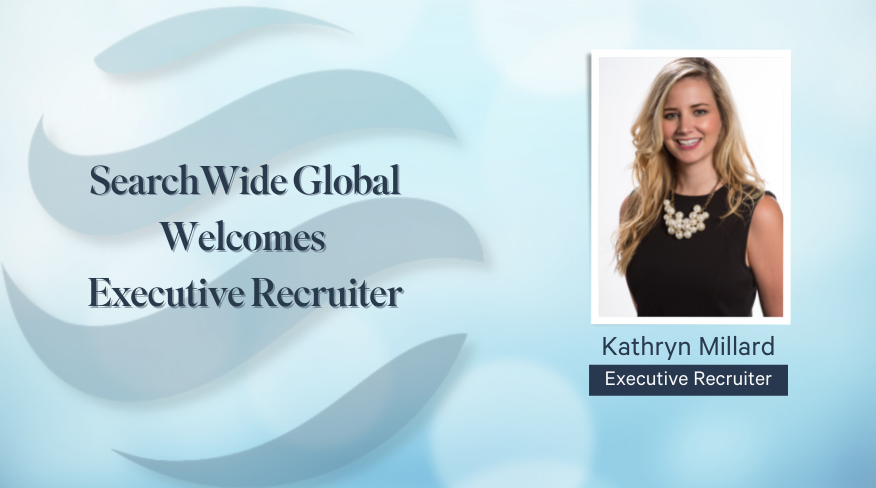Written by: Mike Gamble
If you missed the November 2018 article on Fortune, 25 Ways A.I. is Changing Business, the piece features a video that provides very interesting high-level discussion and is only 12 minutes long. It’s well worth the read/watch!
I was of course drawn to the sections that focused on talent acquisition and evaluating human behavior (excerpts below). The travel/tourism/hospitality, and events industry will be able to learn a great deal from other business sectors already experimenting with artificial intelligence (AI) but the application will likely be a bit different. We currently use some of the best personality profile tools that have been staples for many years, but our clients want us to get to the core of a candidate’s Emotional Intelligence (EI). As described by Genos, EI is a set of skills that helps us better perceive, understand and manage emotions in ourselves and others. These skills are as equally important as your IQ in determining success at work and in life.
Here’s to a successful 2019!
Hiring Smarter
A version of this article appears in the November 1, 2018 issue of Fortune as part of the article, ’25 Ways A.I. Is Changing Business.’
The hiring process is fraught with challenges. Humans may be subtly or unconsciously swayed by a last name, a college, even the font size of a résumé. Now some companies are seeing if A.I. can help.
Applicants at Vodafone, Nielsen, and Unilever, for example, play a smartphone game designed by A.I. startup Pymetrics that measures cognitive and emotional traits with an algorithm designed to avoid racial, gender, or other bias. Unilever then asks top candidates selected by the software to record a video on HireVue, answering questions about how they would handle various situations encountered on the job. Another algorithm sifts the best candidates by reviewing not just what the individuals said but also how quickly they responded and what emotional cues they revealed in their facial expressions. Those candidates who pass the early tests are rewarded with regular job interviews with a live person.
Unilever says that since it instituted the system it’s getting a higher rate of acceptances when it offers a job, and has increased applicant numbers across several diversity measures, including race, ethnicity, and socioeconomic status—and that it’s drawing from a more diverse pool at three times as many colleges and universities. —Aaron Pressman
20% Percentage of people who want their voice assistants to help them be “funnier or more attractive,” according to a study by Computerlove in the U.K.
Building The Ultimate Manager
Judgement of human behavior was once reserved for, well, humans. But increasingly, algorithms are the ones evaluating and drawing conclusions on our actions and even intentions. That’s especially true in the workplace, where HR departments are turning to A.I. for more scalable (and hopefully, more reliable) insights into possible attrition risks, attributes of high performers, and what makes teams tick. Boston-based Humanyze is experimenting with smart ID badges that track how employees interact with each other throughout the day, enabling employers to look for patterns to figure out how work actually gets done.
Textio, a Seattle startup, uses A.I. to help companies craft the right recruiting ads (the “augmented writing platform” is particularly effective at surfacing language that will attract more diverse candidates). Big companies are getting in on H-less HR too: Intel is looking at using artificial intelligence to power a new internal tool that would match employees to other opportunities within the company, all in the name of retention.
These new capabilities could help companies attract and retain the talent they need (and cut down on on-boarding and recruiting costs by automating these processes). One possible downside? They also risk alienating the very people they claim to serve—employees might not like the increasingly intrusive workplace of tomorrow. —Michal Lev-Ram
A version of this article appears in the November 1, 2018 issue of Fortune as part of the article, ’25 Ways A.I. Is Changing Business.’
About SearchWide Global
SearchWide Global is a full-service executive search firm primarily for companies in Destination Organizations / Hotels & Resorts / Venue Management / Experiential Marketing, Tradeshow & Exhibition / Industry Associations / Sports & Entertainment. Specializing in C-Level and Director level executive searches for companies ranging in size from Fortune 500 corporations to mid-sized public and private companies and associations. Founded in 1999, SearchWide Global headquartered in St. Paul, MN, USA and operates worldwide.



